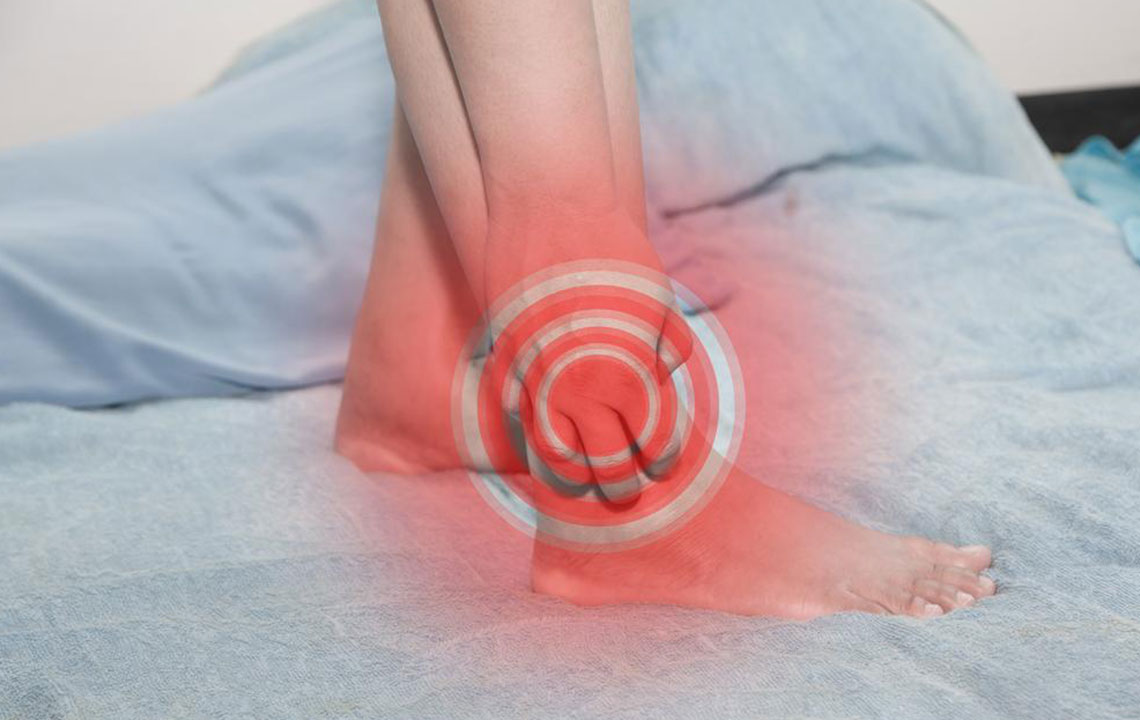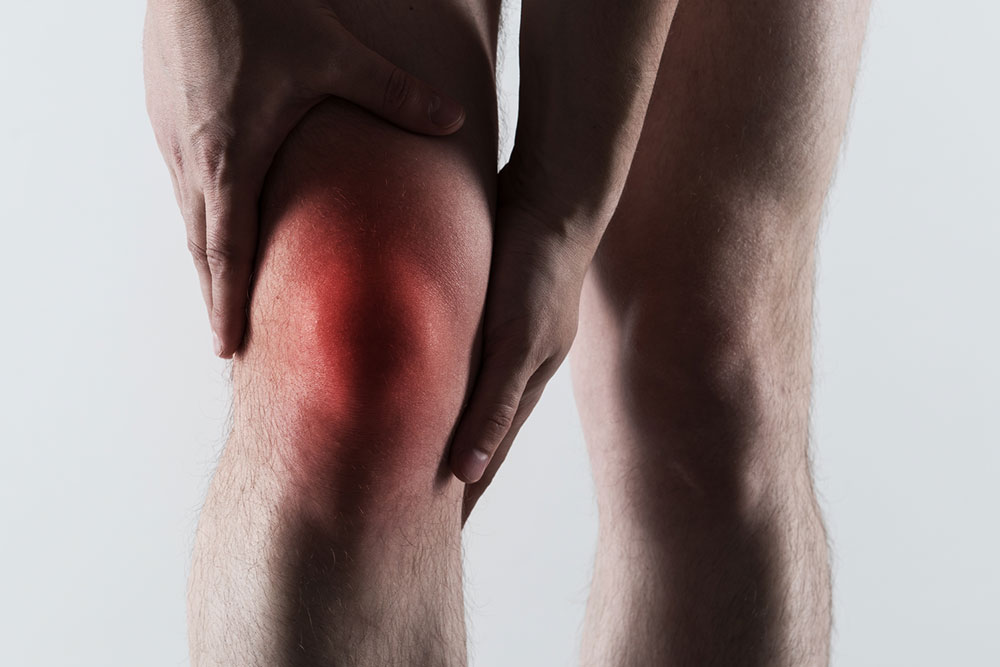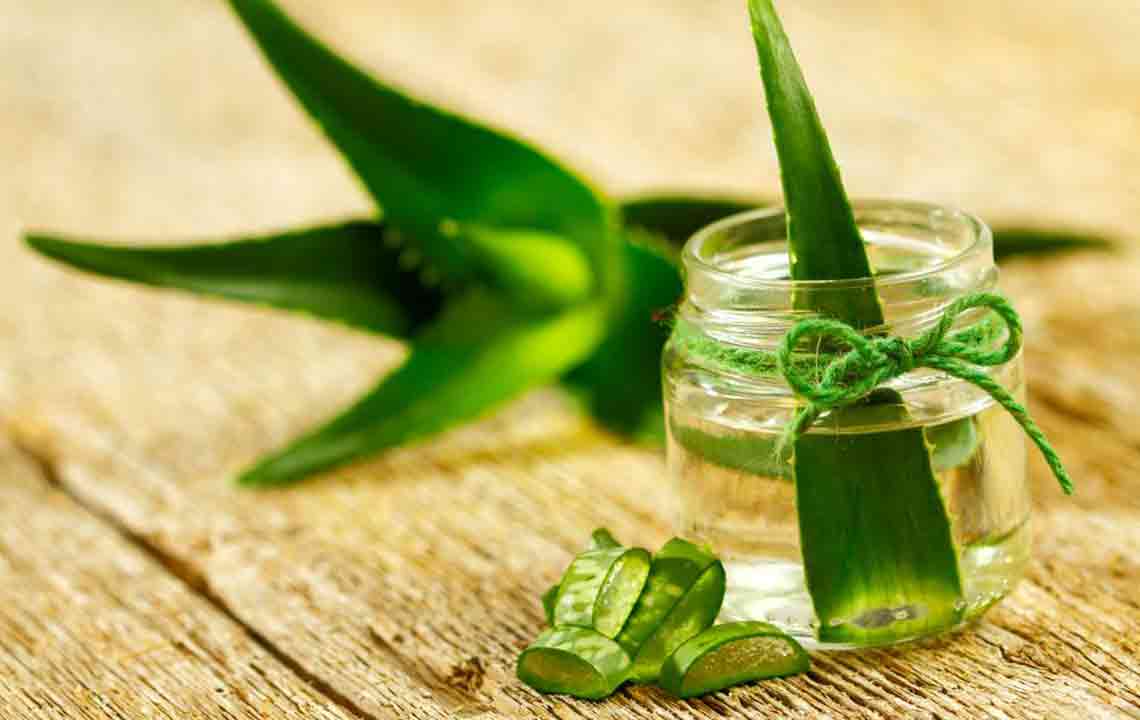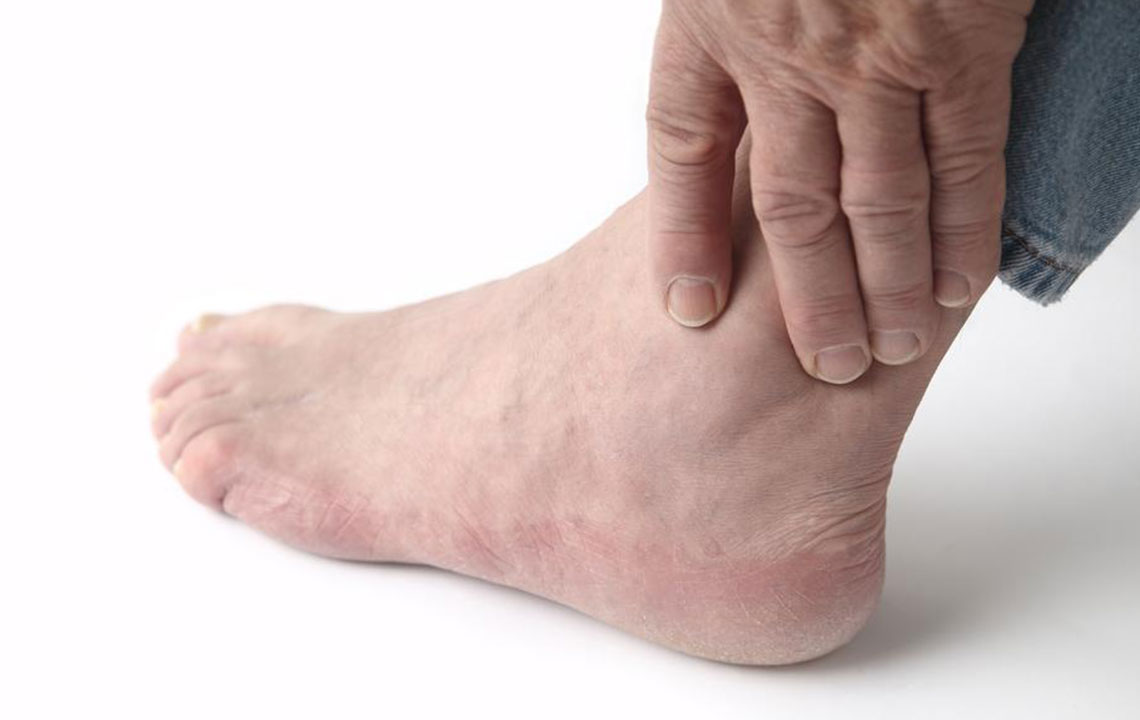Effective Strategies for Managing Gout Discomfort
Discover effective remedies and lifestyle changes for managing gout pain. From dietary adjustments to natural treatments like cherry juice and ice packs, this guide offers practical solutions to reduce inflammation and prevent future attacks. Consult your healthcare provider for personalized advice to alleviate discomfort and improve joint health.

Effective Strategies for Managing Gout Discomfort
Have you ever experienced sudden, intense pain in your foot? This could indicate a gout flare-up! Gout is an inflammatory joint condition characterized by rapid, severe pain, swelling, and stiffness, often affecting the big toe. Recurrent episodes can damage joints, ligaments, and tissues if untreated. Gout primarily affects males.
What triggers gout pain?
Gout results from excessive uric acid in the blood, which can form hard crystals in joints leading to painful attacks.
Diet’s role in gout prevention
Being overweight, consuming alcohol, and eating purine-rich foods like meats and certain fish increase the risk of gout. Some medications, including diuretics, can also raise uric acid levels. Adopting a diet high in fiber and low in fat dairy products can help lower gout risk. Proper dietary choices are crucial for prevention and management.
Methods to alleviate gout pain
Fortunately, several remedies exist to ease gout discomfort effectively.
Some notable remedies include:
Applying ice
Using an ice pack on the affected area reduces inflammation and pain by numbing nerve endings and decreasing swelling. It’s a natural and convenient pain-relief method.
Celery seed extract
Celery seeds help lower uric acid levels, mitigating gout pain. They contain antioxidants like caffeic and ferulic acids, which combat inflammation. You can consume celery juice or eat the seeds directly for relief.
Black cherry juice
Research has shown black cherry juice to significantly decrease gout attacks by reducing inflammation and uric acid. Incorporating cherries or cherry concentrates into your diet can provide rapid relief and decrease attack frequency.
Utilize prescribed medications
Doctors may recommend medications post-gout attack, such as pain relievers like codeine, hydrocodone, or oxycodone, and anti-inflammatory corticosteroids. Colchicine, if taken early, can effectively reduce pain and swelling.
Omega-3 fatty acids from fish oil
Fish oil supplements, rich in omega-3s, help reduce joint inflammation and lower the risk of gout episodes. Their anti-inflammatory properties make them a valuable part of gout management.
Diet modifications
Reducing carbohydrate intake can significantly help manage gout pain. Focus on foods high in fiber and potassium, such as vegetables, nuts, bananas, and salmon, which aid in lowering uric acid and reducing inflammation. Drinking plenty of water (at least 8 ounces regularly) helps flush uric acid from the system effectively.
Important note:
This article provides general information about gout management. While it offers useful tips and remedies, always consult your healthcare professional for personalized treatment plans. The information should not replace medical advice, and the authors are not responsible for any discrepancies or misuse of the data provided.










